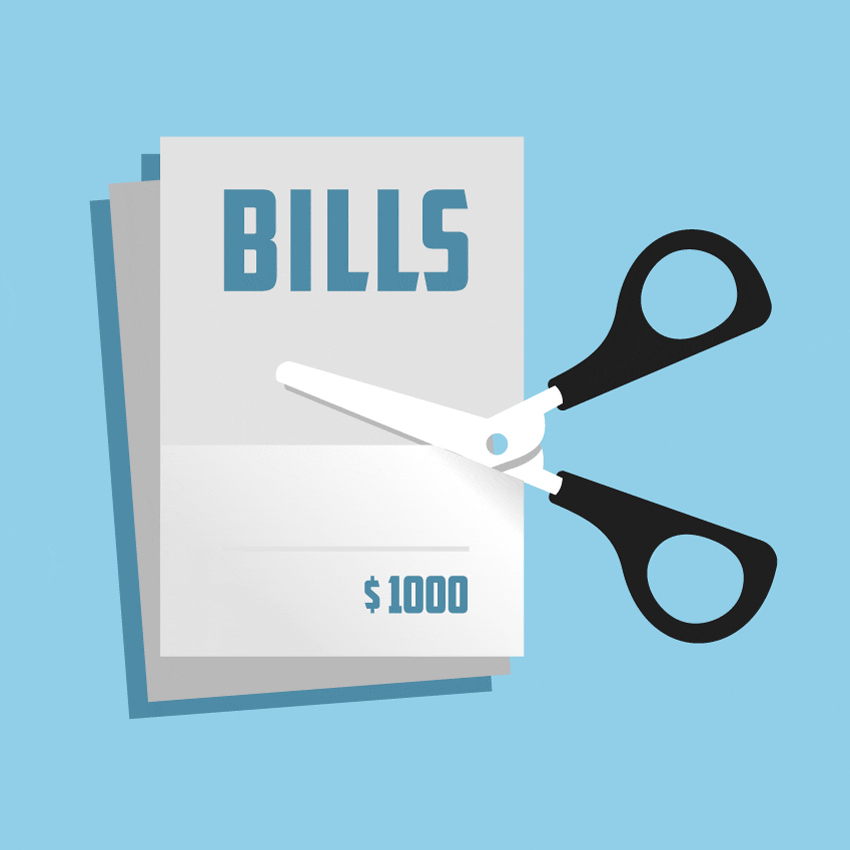Money Saving Tips! A Comprehensive Guide to Financial Wellness
Achieving financial wellness often hinges on effective money management and adopting prudent saving habits. Whether you are looking to build an emergency fund, save for a significant purchase, or secure your financial future, implementing smart money-saving strategies can make a substantial difference.
This article provides a detailed guide on practical and effective money-saving tips to help you achieve your financial goals.
Assess Your Financial Situation
The first step to saving money effectively is to thoroughly understand your current financial situation. This involves tracking your income, expenses, and identifying areas where you can cut costs.
Track Your Spending
Use budgeting apps like Mint or YNAB (You Need A Budget) to track every expense. This helps you understand where your money is going and identify unnecessary expenditures.
Create a Budget
Develop a realistic budget that accounts for all your income and expenses. Allocate a specific amount for savings and stick to it. Use the 50/30/20 rule as a guideline: 50% for needs, 30% for wants, and 20% for savings and debt repayment.
Analyze Your Debt
Assess your current debt situation, including credit cards, loans, and mortgages. Prioritize paying off high-interest debt first, as this will save you money in the long run. Consider consolidating debts to lower interest rates and monthly payments.
Set Financial Goals
Define clear, achievable financial goals. Whether it's saving for a vacation, buying a house, or building a retirement fund, having specific goals will motivate you to save and stay disciplined.
Reduce Everyday Expenses
 Cutting down on daily expenses can significantly boost your savings. Here are some practical ways to reduce your everyday spending.
Cutting down on daily expenses can significantly boost your savings. Here are some practical ways to reduce your everyday spending.
Cut Down on Eating Out
Prepare meals at home instead of dining out. Meal planning and cooking in bulk can save both time and money. Bringing lunch to work can significantly reduce daily expenses.
Shop Smart
Use coupons, take advantage of sales, and buy in bulk to save on groceries and household items. Apps like Honey or Rakuten can help you find the best deals and cashback offers.
Reduce Utility Bills
Implement energy-saving practices like using LED bulbs, unplugging electronics when not in use, and adjusting your thermostat. Regular maintenance of appliances and insulation can also reduce energy consumption.
Limit Subscription Services
Evaluate all your subscription services (e.g., streaming, magazines, gym memberships). Cancel those you rarely use and look for cheaper alternatives. Sharing subscriptions with family or friends can also cut costs.
Use Public Transportation
If possible, use public transportation instead of driving. This can save money on fuel, parking, and car maintenance. Carpooling or biking are other cost-effective alternatives.
Optimize Your Savings
Maximizing the efficiency of your savings is crucial for long-term financial growth. Here are strategies to optimize your savings.
Automate Savings
Set up automatic transfers from your checking account to your savings account. This ensures consistent savings without the temptation to spend. Automate contributions to retirement accounts and other investment plans as well.
Open a High-Yield Savings Account
Choose a high-yield savings account to earn more interest on your savings. Online banks often offer higher interest rates compared to traditional banks.
Invest Wisely
Consider investing in stocks, bonds, or mutual funds to grow your money over time. Diversifying your investments can mitigate risks and increase potential returns. Consult with a financial advisor to develop an investment strategy that aligns with your goals.
Utilize Employer Benefits
Take full advantage of employer benefits such as retirement plans (401(k) or 403(b)), health savings accounts (HSAs), and flexible spending accounts (FSAs). These benefits can provide tax advantages and help you save money.
Save Windfalls
Deposit unexpected income, such as tax refunds, bonuses, or monetary gifts, directly into your savings or investment accounts. Treating these windfalls as savings rather than spending money can significantly boost your financial reserves.
Adopt a Frugal Mindset
Developing a frugal mindset involves making conscious decisions about spending and prioritizing long-term financial health over immediate gratification.
Embrace Minimalism
Adopt a minimalist lifestyle by focusing on the essentials and avoiding unnecessary purchases. This not only saves money but also reduces clutter and promotes mental clarity.
DIY Whenever Possible
For minor repairs, home improvements, or even personal care (like haircuts), consider doing it yourself instead of hiring professionals. There are plenty of online tutorials and resources to help you learn new skills.
Secondhand Shopping
Buy secondhand items, such as clothing, furniture, and electronics, from thrift stores, online marketplaces, or garage sales. This can save a significant amount of money while reducing waste.
Negotiate Bills and Rates
Don’t hesitate to negotiate for better rates on bills, insurance, and service contracts. Contact your service providers to inquire about discounts or more affordable plans.
Plan Major Purchases
Avoid impulse buying by planning major purchases in advance. Research products thoroughly, compare prices, and wait for sales or discounts before making a purchase.
Conclusion
Achieving financial wellness requires a combination of smart money-saving strategies, disciplined budgeting, and a frugal mindset. By assessing your financial situation, reducing everyday expenses, optimizing your savings, and adopting a long-term perspective, you can significantly improve your financial health. Implement these tips consistently to build a secure financial future and achieve your financial goals.
Sources
Mint: Budget Tracker & Planner
YNAB: You Need A Budget
Honey: Automatic Coupons
Rakuten: Cash Back Shopping
The Minimalists: Minimalism Lifestyle
Clark Howard: How to Save Money on Your Bills



































